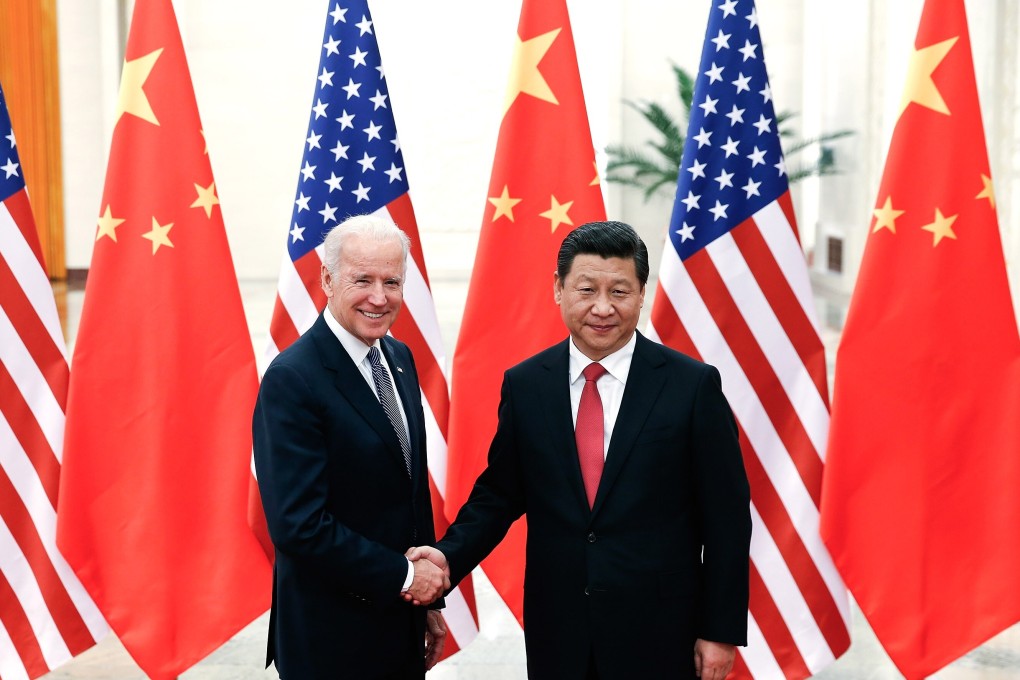China Briefing | As Beijing finally congratulates Biden, China looks towards closer economic ties with the US
- The Chinese leadership is seemingly looking to avoid the risk of antagonising the president-elect, with whom they need to work to reduce bilateral tension
- But while Beijing is cautiously optimistic that a Biden presidency will be more manageable, Trump will be missed – for reasons ironic and sincere

“We respect the American people’s choice,” foreign ministry spokesman Wang Wenbin said at a news briefing. “We congratulate Mr Biden and Ms Harris.”
The foreign ministry previously merely noted Biden’s announcement that he had won, with Chinese state media addressing him as the US presidential candidate rather than using the title of president-elect.
Beijing had apparently intended to wait for complete clarity over the election results, as President Donald Trump has vowed to contest them in court and still refuses to concede.
But by ending their reticence, Chinese officials are seemingly signalling that holding out any longer runs the risk of antagonising Biden, with whom Beijing needs to work to reduce bilateral tensions.
However, Wang added that “we understand the US election results will be confirmed based on US law and procedure”, which is clearly aimed at placating Trump even though his legal challenges are virtually unwinnable.
